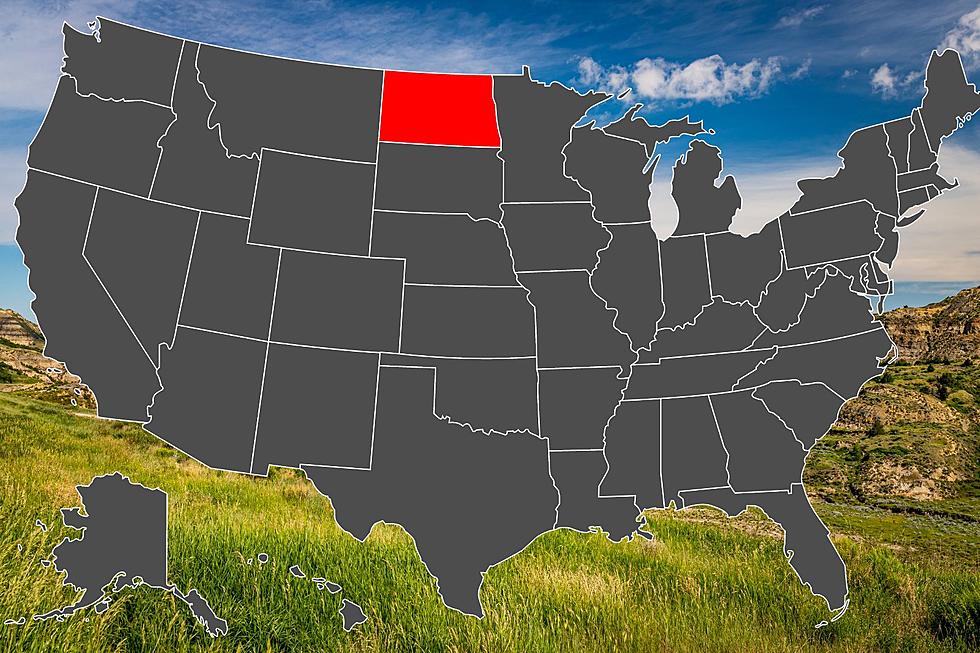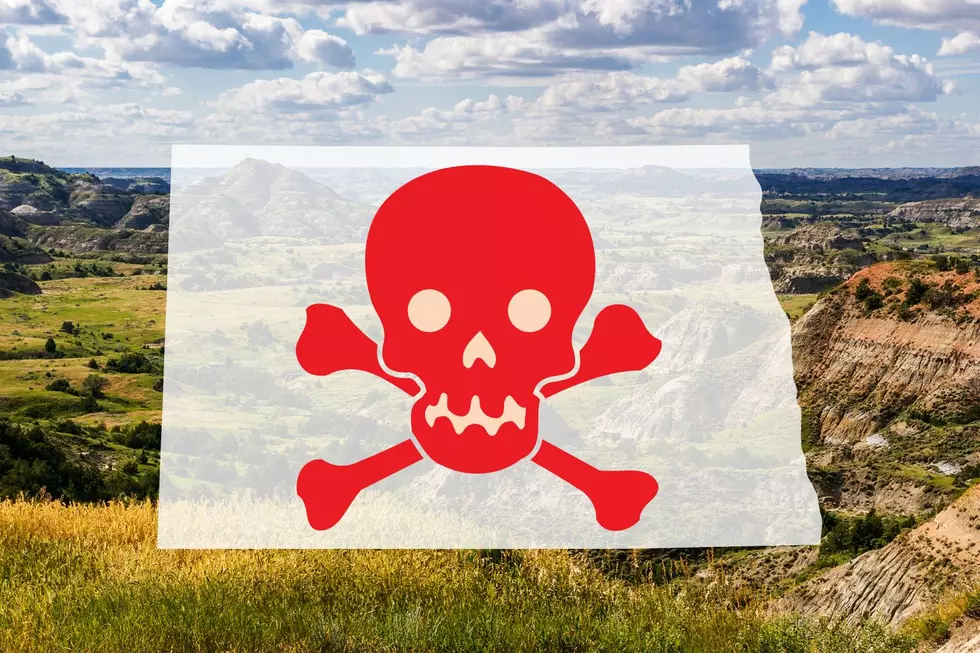
Do You Have To Tell ND Homebuyers Someone Was Murdered In The House?
Buying a home is something many of us aspire to do. Let's say you are ready to take that step and fully enter adulthood.
There are so many things you want to know about a house you're interested in buying: When was it built? Have there been any fires? Is the foundation good? Is the home near a good school? -- The list goes on and on.
Disclosing A Murder
Many states such as New York, Michigan, and Kentucky have no written laws on disclosing a death on a property.
North Dakota is known for being something called a "Caveat emptor" state. This means that the buyer is responsible for checking the quality of the goods before the purchase is made.
According to Okeefeattorneys.com, a buyer is unable to recover damages from a seller if the property/item has defects.
Because North Dakota is a caveat emptor state, any facts pertaining to a stigmatized event do not have to be disclosed. According to Spaulding Deacon, a crime scene/biohazard cleaning company, the agents can only disclose this information with permission from the seller.
According to the Grand Forks Herald, real estate agents are only required to disclose that information if they are specifically asked that question by the buyer.
Exceptions
There are some states that do require this information to be disclosed. In Alaska, California, and South Dakota a death on the property (Peaceful or otherwise) must be disclosed if it occurred within the last three years. This, according to Realtor.com.
There you have it. North Dakota does not require a seller to disclose a death on a property. I hope this has satisfied your curiosity. And hey, maybe it's better to not know.
If I found out someone died in my home, I would go from a peacefully ignorant existence, to suddenly thinking the place is haunted. No thank you.
[carbongallery id="64516fae6995aa3ef95a0408"]
LOOK: Here's where people in every state are moving to most
Gallery Credit: Amanda Silvestri
More From Super Talk 1270









